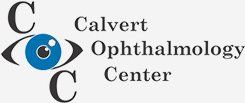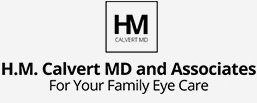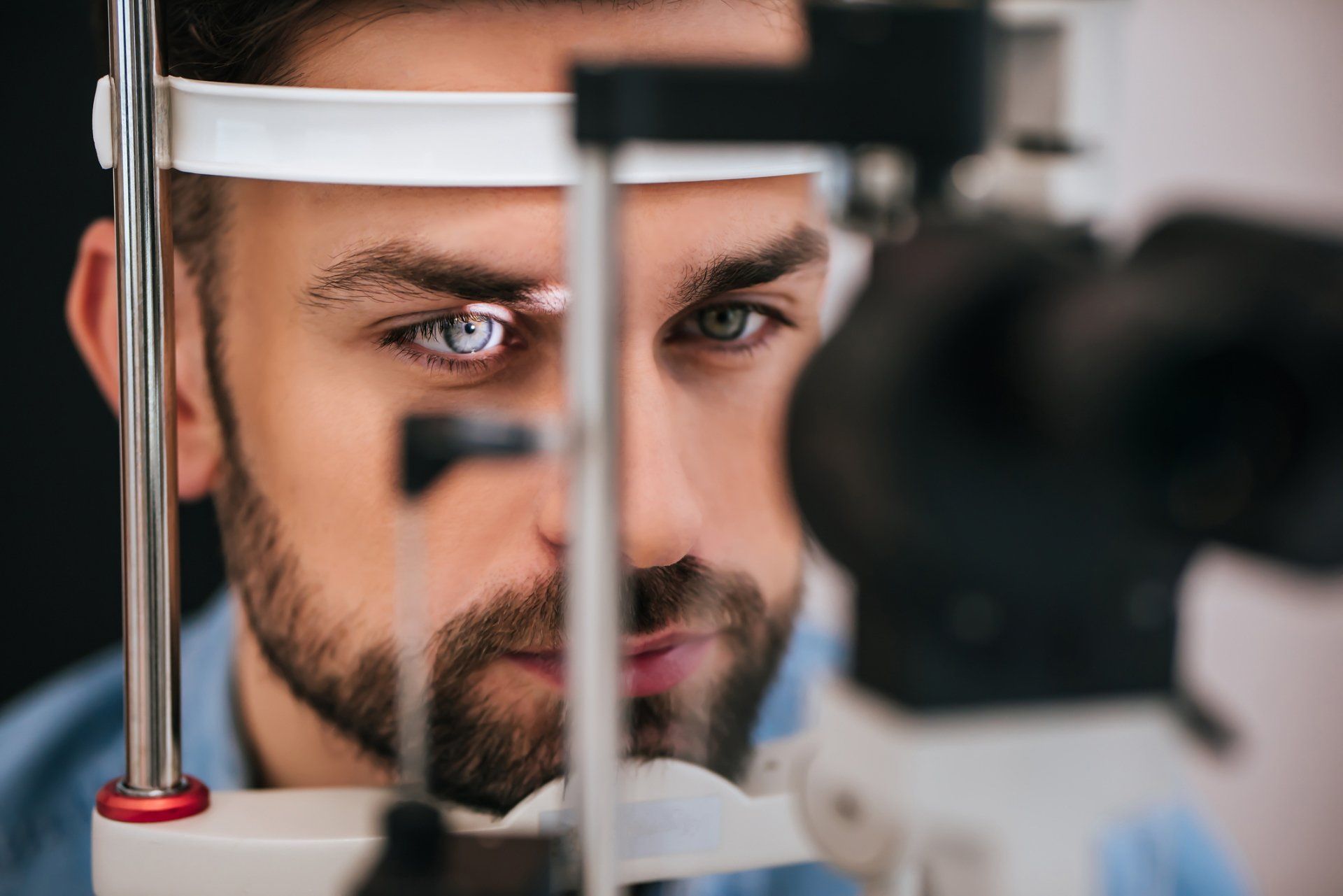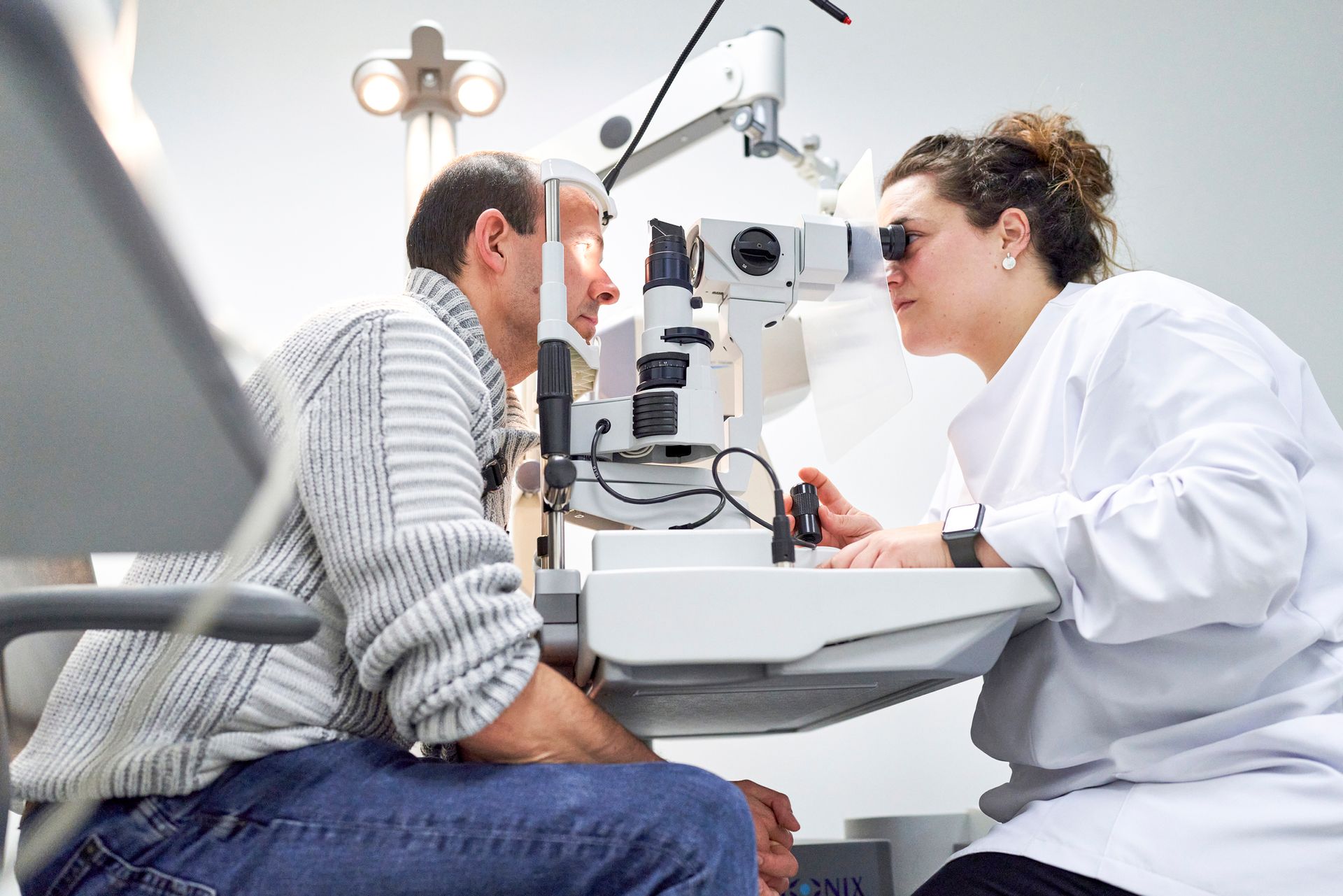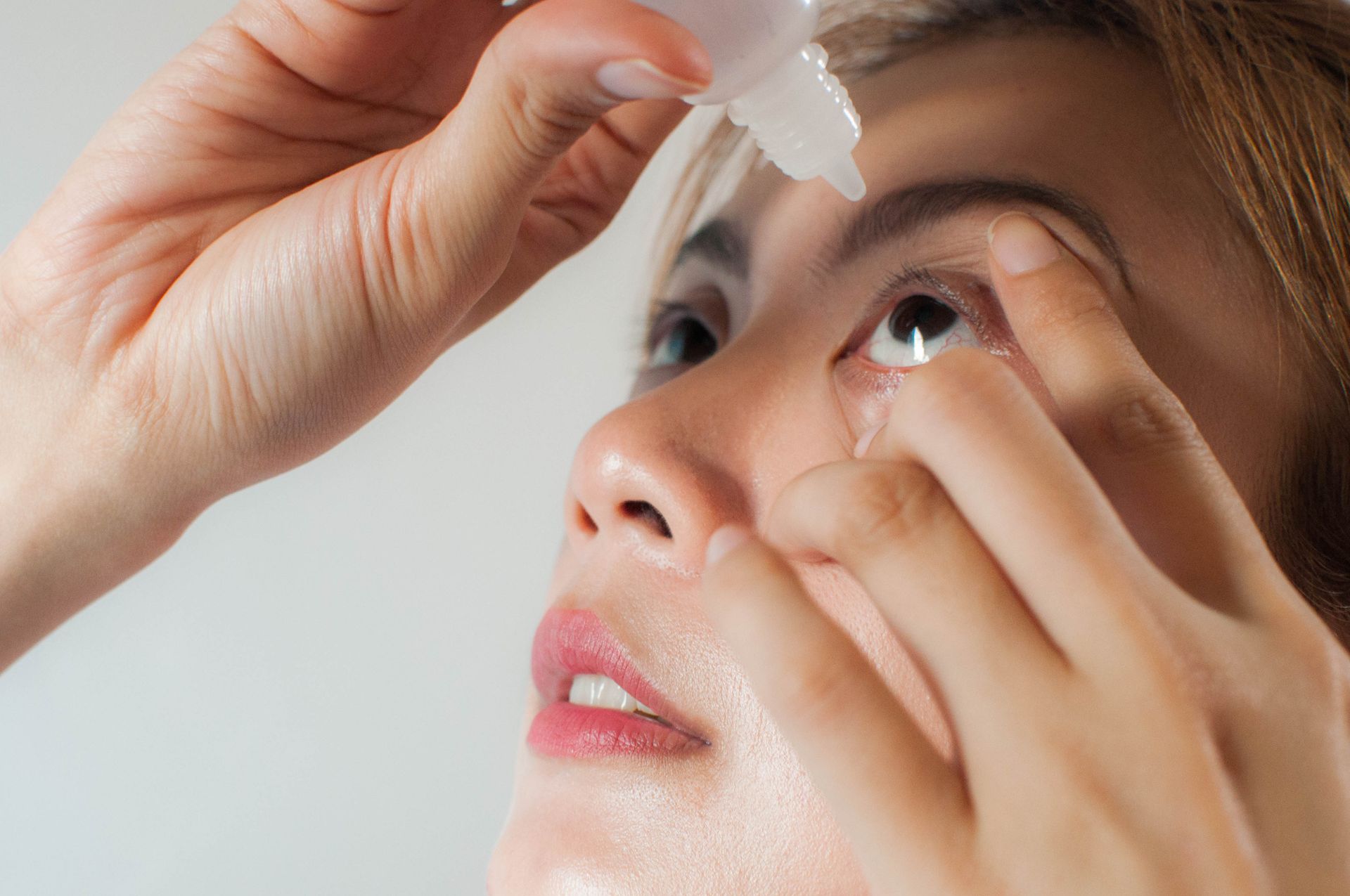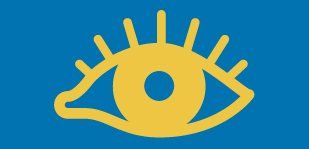Your eyes deserve careful care. But as you look for a medical provider to keep them in good health, which type of doctor or technician should you see? Many providers are within the optical field, and this can be confusing to most patients.
To help you find the right person for the right job, here is a short guide to optical care providers and how to find the best services.
An optician specializes in turning your optometrist's or ophthalmologist's vision correction treatment plan into a reality for you. They have training from a one- or two-year program that involves fitting and preparing glasses and contact lenses as well as helping people use their corrective lenses in the best ways. Fittings are key to provide vision correction as well as keeping you comfortable on a daily basis.
With their education, an optician will measure your facial features to fit glasses or contacts, help you choose lenses and accessories to fit your needs, and adjust your glasses as needed. They may also be able to help you learn how to use contacts if you're new to them.
An optometrist performs functions very much like a primary care provider for your eyes. Doctors of optometry (O.D) generally have a college education in their field as well as post-graduate professional training.
Optometrists are the ones you'll most likely see to conduct a routine vision exam or testing for nearsightedness, farsightedness, and astigmatism. They can also monitor your eye health, screening for common injuries or illness within your retina, cornea, optic nerve, or tear ducts.
Because they have regular contact with patients, they are the first person with whom you'll likely want to discuss any eye concerns.
If you need help correcting normal vision problems, an optometrist will create a prescription to treat your specific vision issues with eyeglasses, contacts, or vision therapy of various kinds. If the doctor finds signs of a more serious eye disorder, such as macular degeneration or cataracts, they will often refer you to an ophthalmologist for more specialized care or surgery.
An ophthalmologist can perform many similar vision care services as an optometrist. They are qualified to perform eye exams and diagnose common vision and eye health problems. However, they are uniquely qualified to go beyond vision correction and eye maintenance.
Ophthalmologists perform functions of a medical doctor (M.D. or D.O) or with regards to eye surgeries and medication prescriptions. After medical school, this type of doctor will have completed an internship and a residency as well as continuing education.
They often work with an optometrist to perform pre-operative and post-operative maintenance and care of patients as well as opticians to help fit lenses as needed.
As a layperson, you don’t need to be an expert in choosing the right type of medical provider for your eyes. That means the best way to get complete eye care and disease prevention is to work with a vision practice that has all three specialists.
This way, you can get quick referrals to the care you need and deal with less delay in getting treatment or vision aids. You can also have confidence in referred professionals.
At
Calvert Ophthalmology Center, we provide services to cover the changing needs and concerns of our patients throughout their lifetime. Whether you need routine vision screening or you have serious concerns about your eye health, we can help. Call today to make an appointment with an optician, optometrist, or ophthalmologist to find the right care and services.
